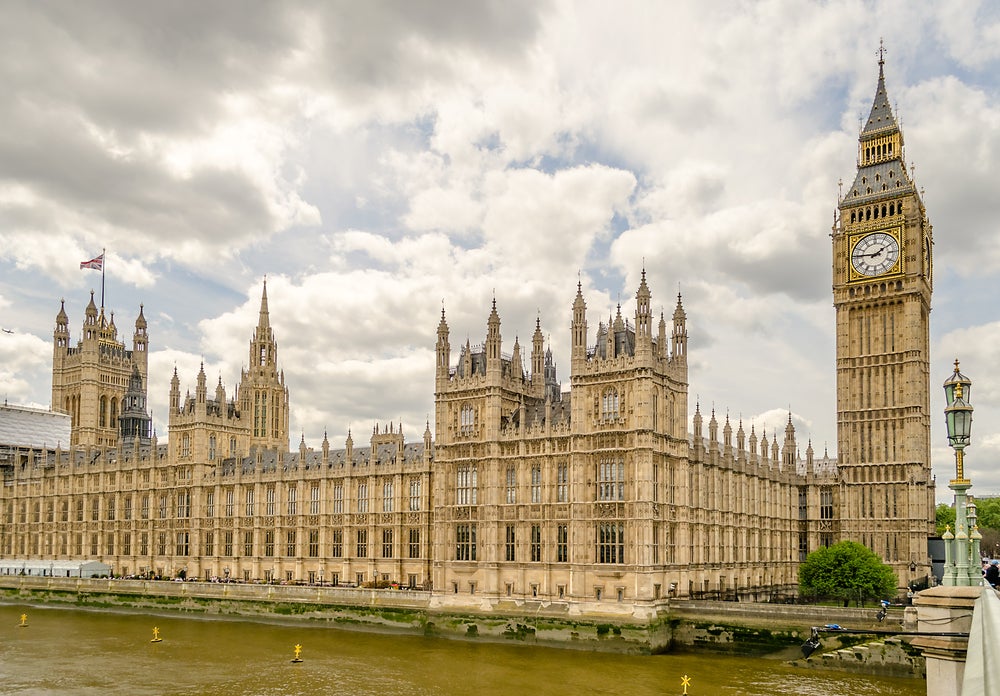
MPs are putting together guidelines for teachers on how to teach children to spot misinformation online.
The All-Party Parliamentary Group (APPG) formed as it emerged almost half of UK teachers have never heard of Government guidance published in June 2019 advising how to teach children about disinformation, misinformation and hoaxes.
The APPG on Media Literacy will commission an independent inquiry looking at media literacy in schools.
Damian Collins, former chairman of the Digital, Culture, Media and Sport Committee and the DCMS Sub-Committee on Disinformation, will chair the APPG to establish an agreed definition of media literacy and ensure high-quality training is statutory for schoolchildren and teachers in the upcoming Online Harms Bill.
The group will hear evidence from witnesses starting in early 2021 and plans to produce an agreed framework to “position the UK as the world leader in media literacy education”.
Collins (pictured) said: “I strongly believe that we need to promote digital and media literacy as a fourth pillar of education, alongside reading, writing and maths, so that children and young adults can identify sites that they can trust or are safe, appraise the content of what they read, and make informed choices about news they share with others.
“With the Government moving forward on Online Harms legislation, I think we have a golden opportunity to set out standards for a nation-wide media literacy strategy.”
[See also: Proportion of ‘infodemically vulnerable’ people in UK grew under lockdown, survey finds]
Collins will be joined by co-chairman Lord Michael Hastings, a cross-bench life peer who was previously head of public affairs and head of corporate responsibility at the BBC, plus Conservative MP Damian Hinds, Labour’s Siobhain McDonagh and Lord Jim Knight, and SNP MP and former BBC and ITV journalist John Nicolson.
The Government’s white paper on online harms, which set out plans to develop a media literacy strategy as recommended by the Cairncross Review into the sustainability of the UK news industry, was published in April 2019 but progress has since been delayed.
MPs were recently told to expect the full response to the white paper consultation by the end of this year, with draft legislation to come in 2021.
Leader of the House of Commons Jacob Rees-Mogg told the Commons on Thursday: “Online harms continue to be a priority of the Government, and we are firmly committed to making the UK the safest place to be online.”
Collins told the Commons on Thursday that the draft bill and the Government’s response to the online harms white paper were “urgently needed”.
He said decisions on what is classed as harmful content and what should be done about it should not be left up to social media companies but that there should be a legal framework they must work within.
Labour has this month called for emergency legislation to clamp down on anti-vaccine disinformation that would introduce financial and criminal penalties for tech giants that do not remove false and misleading posts and stories that could stop people taking up Covid-19 vaccines.
A survey of 6,521 teachers, carried out by media literacy charity The Student View, found that 47% had never heard of the “Teaching online safety in schools” guidance and only 13% had read it.
Just 14% of schools have implemented recommendations from the guidance into their curriculum.
The guidance includes teaching children about how “some information shared online is accidentally or intentionally wrong, misleading, or exaggerated”, why and how this happens, and how to spot inauthentic posts.
Solomon Elliott, chief executive of The Student View, said: “Disinformation is a problem that affects us all, cross-party action is vital to make the UK the safest place to be online.
“We have seen in our workshops how carving out some time in the school calendar for digital literacy gives students the critical thinking tools they need to distinguish fact from fiction and a fighting chance to navigate this challenging reality.”
Earlier this month Facebook, Twitter and Google pledged to speed up their response to anti-vaccine Covid-19 disinformation flagged to them by the UK government after concerns they can do “so much more” to tackle the infodemic.
Picture: Reuters/Peter Nicholls
Email pged@pressgazette.co.uk to point out mistakes, provide story tips or send in a letter for publication on our "Letters Page" blog
